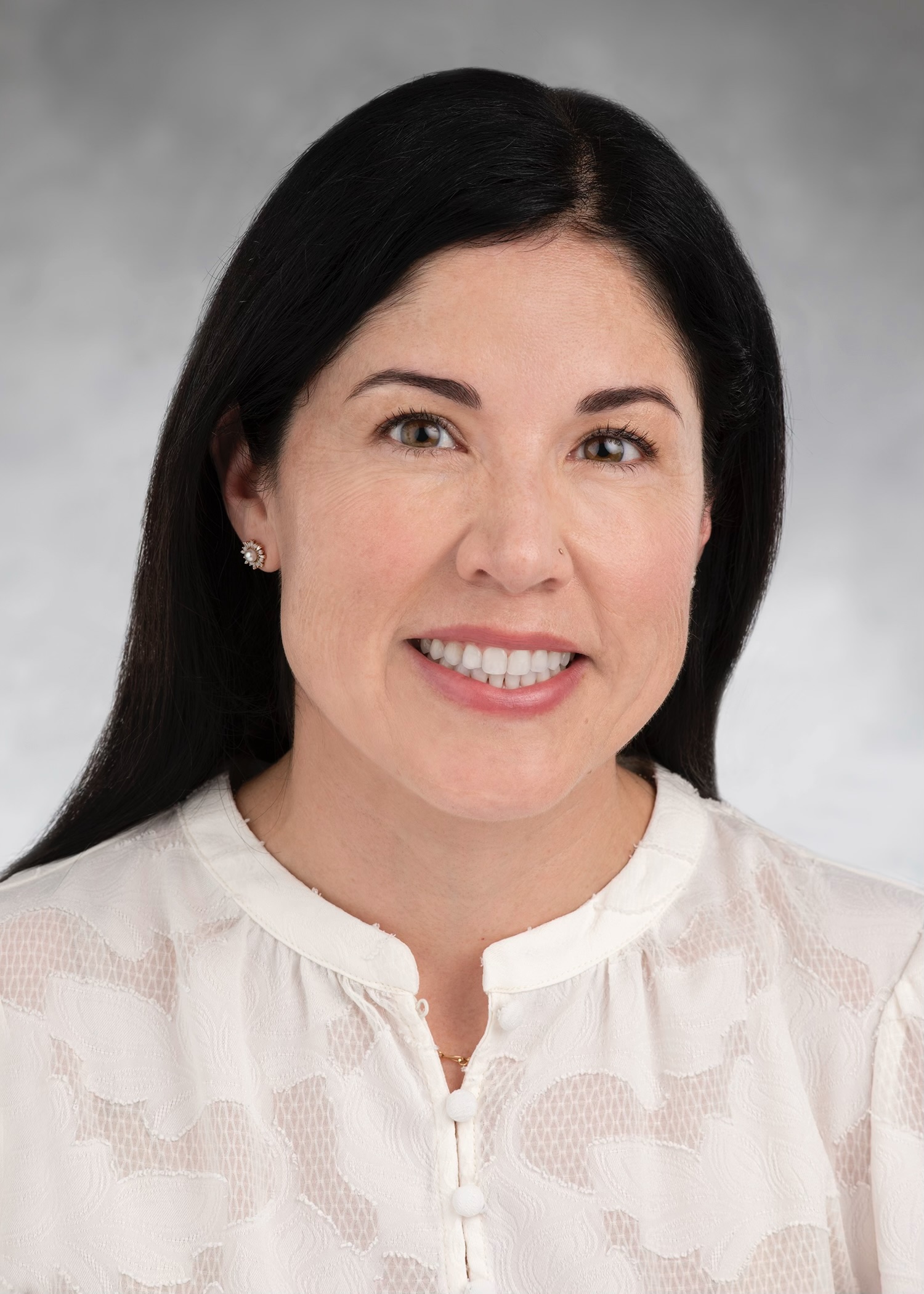 Students can’t learn if they have nothing to eat or nowhere safe to study and sleep.
Students can’t learn if they have nothing to eat or nowhere safe to study and sleep.
This insight, first applied to primary and secondary school students, has recently gained traction on college campuses. Even students who get into and attend college face hardships that interfere with their ability to succeed academically, educators have learned.
The University of California (UC) educates hundreds of thousands of students on campuses in both major cities and agricultural communities and has an impressive track record of expanding its students’ lifelong economic opportunities. UC saw earlier than many other major universities that it needed to do more for its students facing food insecurity while on campus, launching the Basic Needs Initiative in 2014.
The initiative tapped Suzanna Martinez, PhD – then a UC Nutrition Policy Institute researcher – to help map and measure student needs. Martinez has been conducting impact-oriented research into student needs ever since. Two newly funded projects reveal how her work continues to support UC students while increasingly moving beyond the University’s more pragmatic focus.
Martinez will co-lead a UC–wide research consortium – with UC Santa Cruz psychology professor Heather Bullock, PhD – to foster research into essential needs on all UC campuses. The new consortium, the UC Essential Needs Research, Training, and Promising Practices Consortium, will receive $1.5 million per year for the next five years to support UC research and implementation to support student essential needs.
“A lot of the work so far has been me trying to pull efforts across the campuses,” Martinez said. “It’s not the best way to do things because all of our campuses are different; they have different strategies. We hope the consortium will get other people involved.”
UC Santa Cruz will serve as the consortium’s institutional home through its Center for Economic Justice and Action.
Martinez and her partners at UC Santa Cruz chose to move from “basic needs” to “essential needs” to underscore that their consortium is distinct from the UC-wide Basic Needs Initiative and to spark research into needs beyond housing and food, which are its focus.
“The needs that we’ve identified, especially through the pandemic, include transportation, tech equity, childcare, and access to health care for body and mind,” Martinez explained.
The White House, which has an accelerator model for programs to address poverty and health, is considering endorsing the consortium’s work in addition to UC’s existing commitment to cut food insecurity among students by half by 2030.
Martinez also recently received a major R01 grant from the National Institutes of Health to explore, with Bullock, how food insecurity may jeopardize cardiovascular and metabolic health among college students.
Martinez’s project will provide more insight on what food insecurity looks like over time by studying 340 UC Santa Cruz students over two years. The project focuses on UC Santa Cruz because its student population most closely resembles the national college student population. Current research often defines food insecurity as lacking adequate nutrition at some point in the last 12 months; this study will ask the students every month for a year to paint a clearer picture of how often they lack access to adequate healthy food.
To gauge how food insecurity relates to students’ cardiovascular and metabolic health, the researchers will also track risk factors identified by the American Heart Association: body mass index, diet, exercise, nicotine use, sleep, blood pressure, and blood lipid and glucose levels.
Could one expect a college student who struggles to get enough healthy food to develop measurable risks? According to Martinez, yes.
“Young adults don't have great cardiometabolic health,” she said. “Cardiovascular health in this population is the lowest it’s been in history.”
College students are important to study for another reason: During early adulthood, people develop health behaviors, including eating and exercise habits, that will likely last most of their lives. If food insecurity sets students up for poor health – which affects their career and economic prospects – universities may need to think more broadly about how to create economic opportunity for students.
But Martinez is clear-eyed about the role this first study might play.
“What I'm hoping to do is inform state or federal policy,” she said, pointing to possible expansions of programs, like the national school lunch program and the Supplemental Nutrition Assistance Program, first imagined as help for toddlers and primary school children.
